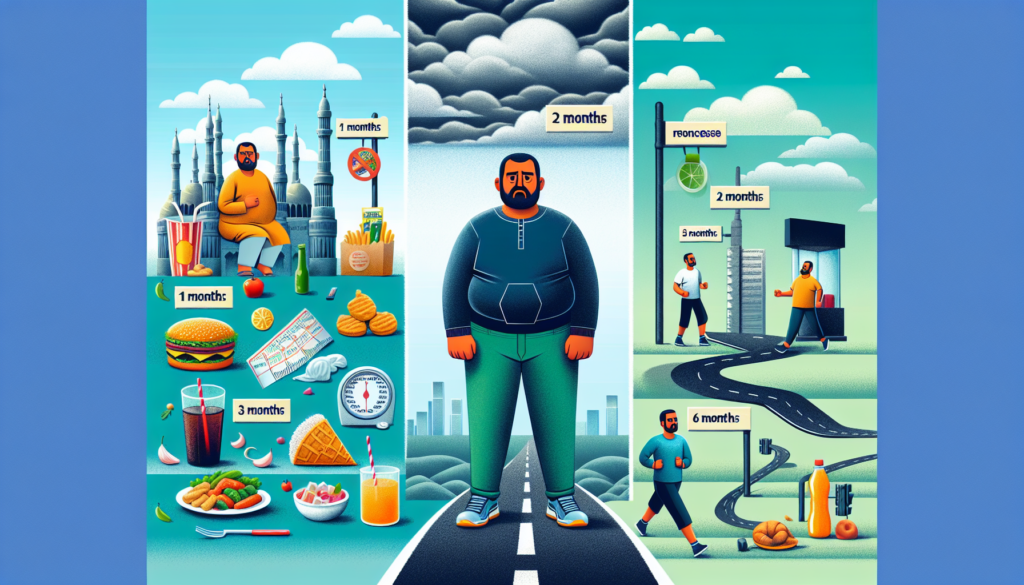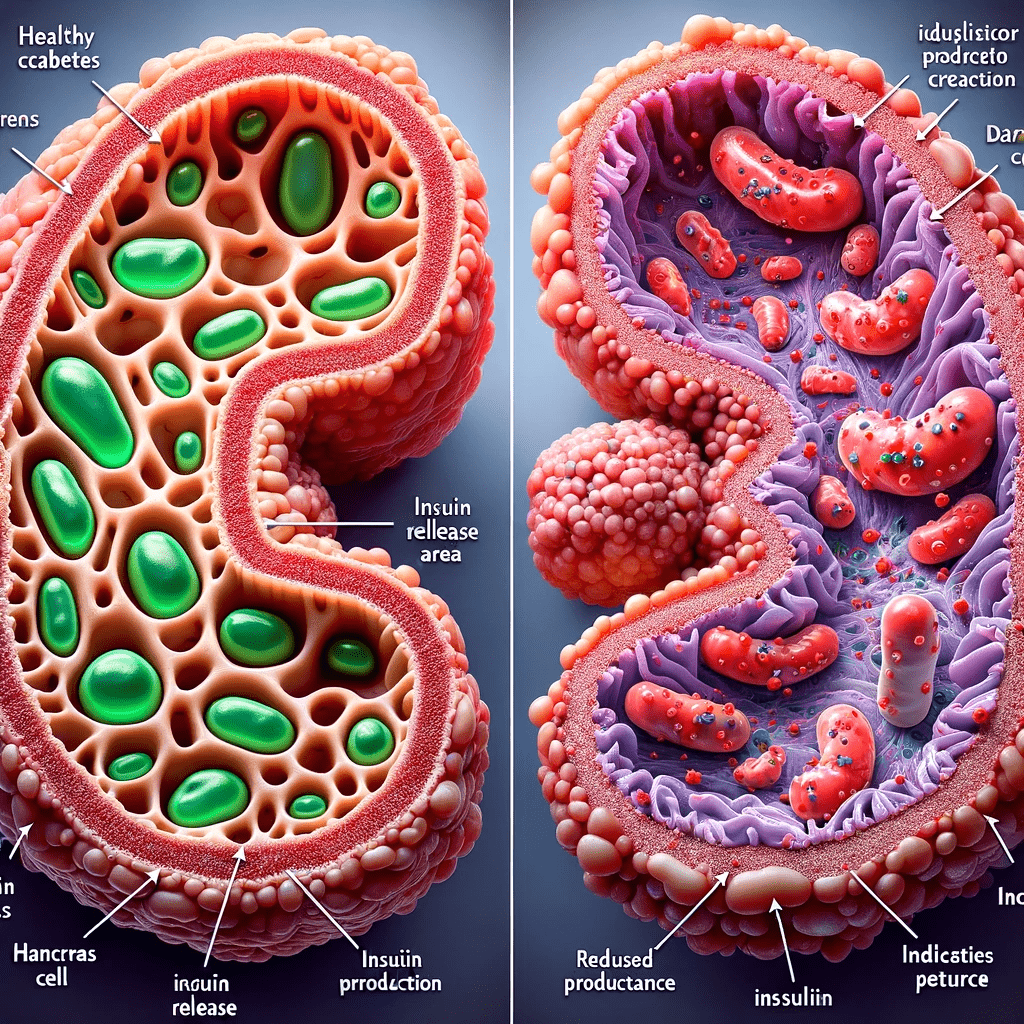How Long Does It Take to Reverse Type 2 Diabetes?

Type 2 diabetes reversal is a topic of great interest for many individuals. Understanding the process and duration of reversal is crucial. An exact timeframe is uncertain, but achieving significant weight loss often leads to successful remission. Lifestyle changes, incorporating healthy eating habits and regular physical activity, play a vital role in managing the condition. In certain cases, one may consider surgical interventions. This article, How Long Does It Take to Reverse Type 2 Diabetes?, aims to answer common questions and explore various treatment options related to reversing type 2 diabetes.
Reversal vs Remission vs Cure
Understanding the distinction between reversal, remission, and cure is crucial when discussing type 2 diabetes. This section will delve into the nuances of each term and explore their implications for managing the condition in the long term.
Understanding Type 2 Diabetes
Type 2 diabetes is a chronic condition where the body either produces inadequate insulin or fails to use insulin effectively. This results in elevated blood glucose levels. While type 2 diabetes cannot be completely cured, it is possible to achieve glycemic levels that fall within the non-diabetic or prediabetic range, referred to as remission.
Differentiating Reversal, Remission, and Cure
Reversal, remission, and cure are often used interchangeably but carry different meanings within the context of type 2 diabetes. Reversal refers to substantial blood glucose improvements through lifestyle changes or medical interventions. Remission occurs when blood glucose levels remain stable without the need for diabetes medication, while cure implies a permanent restoration of normal glucose metabolism.
Managing Diabetes in the Long Term
Successfully managing type 2 diabetes in the long term involves adopting a holistic approach. This includes regular medical check-ups, maintaining a balanced diet, engaging in physical activity, managing stress, and adhering to prescribed medication regimens. Continuous monitoring of blood glucose levels and maintaining a healthy lifestyle can help sustain remission and minimize the risk of complications.
It is important to emphasize that achieving remission or even reversal of type 2 diabetes requires commitment to significant lifestyle changes, such as weight loss and healthier eating habits. While there is no one-size-fits-all approach, tailored treatment plans and medical guidance can greatly enhance the chances of successfully managing the condition for the long term.
Frequently Asked Questions
Can Type 2 Diabetes be Reversed?
Type 2 diabetes can indeed be reversed through lifestyle changes and medical interventions. While it may not be possible for everyone, significant weight loss, healthy eating habits, regular physical activity, and appropriate medication can improve blood sugar control and lead to diabetes remission.
What Factors Affect Reversal of Type 2 Diabetes?
Several factors can influence the reversal of type 2 diabetes. The duration and severity of the condition, individual genetics, overall health, and adherence to recommended treatments all play significant roles. It's important to work closely with healthcare professionals to develop a personalized approach that suits your specific needs.
How Long Does It Take to Reverse Type 2 Diabetes?
The duration required to reverse type 2 diabetes varies from person to person. While some individuals may achieve remission within a few months, it can take others several years. The key factor is consistent adherence to healthy habits, such as maintaining a balanced diet, engaging in regular exercise, and following the prescribed treatment plan.
Is Reversal Permanent?
Diabetes reversal is not necessarily permanent. However, maintaining a healthy lifestyle and regular medical check-ups can help sustain remission for an extended period. It's crucial to continue monitoring blood sugar levels, managing weight, and following medical advice to reduce the risk of diabetes recurrence.
Can Lifestyle Changes Help Reverse Type 2 Diabetes?
Yes, lifestyle changes play a significant role in reversing type 2 diabetes. Adopting a balanced diet rich in whole grains, fruits, vegetables, lean protein, and healthy fats can contribute to better blood sugar control. Regular exercise and weight management are also crucial. Consultation with healthcare professionals can guide you in making the necessary lifestyle modifications.
- Focus on consuming nutrient-dense foods rather than highly processed options.
- Avoid sugary beverages and opt for water or unsweetened alternatives.
- Engage in physical activities you enjoy, such as walking, swimming, or cycling.
- Work with a registered dietitian for personalized dietary guidance.
- Consider joining support groups or seeking professional help to stay motivated and accountable.
Exploring Treatment Options
Exploring different treatment options is crucial in the journey to reverse type 2 diabetes. These options include medication and blood sugar control, the role of weight loss, diet and nutritional strategies for reversal, surgical interventions, and combining approaches for optimal results.
Medication and Blood Sugar Control
Medication plays a significant role in managing type 2 diabetes by controlling blood sugar levels. It helps improve insulin sensitivity and reduces resistance. Various oral medications and injectable insulin can be prescribed based on individual needs and medical history. Regular monitoring of blood sugar levels is necessary to ensure proper medication adjustments.
The Role of Weight Loss
Weight loss has shown promising results in reversing type 2 diabetes. Shedding excess pounds reduces the accumulation of fat in the liver and pancreas, improving insulin function. A gradual and sustainable weight loss approach, through a balanced diet and regular exercise, is recommended. Consistency and adherence to a healthy lifestyle are key factors in long-term success.
Diet and Nutritional Strategies for Reversal
Eating a nutritious and well-balanced diet is crucial for managing and reversing type 2 diabetes. Strategies like the Mediterranean diet or a low-carbohydrate approach have shown positive effects on blood sugar control and weight loss. Focus on whole foods, including lean proteins, vegetables, fruits, whole grains, and healthy fats. Limiting processed foods, added sugars, and refined carbohydrates is essential.
Surgical Interventions for Type 2 Diabetes
In some cases, surgical interventions may be considered to achieve diabetes reversal. Procedures like gastric bypass surgery or other weight loss surgeries can significantly impact blood sugar control and insulin resistance. These surgeries alter the digestive system, leading to weight loss and improved metabolic function.
Combining Approaches for Optimal Results
Combining multiple treatment approaches can enhance the chances of successfully reversing type 2 diabetes. Integrating medication, weight loss, and dietary changes can create synergistic effects. Working closely with healthcare professionals, including doctors, dietitians, and exercise specialists, can help design personalized treatment plans that address individual needs and goals.







